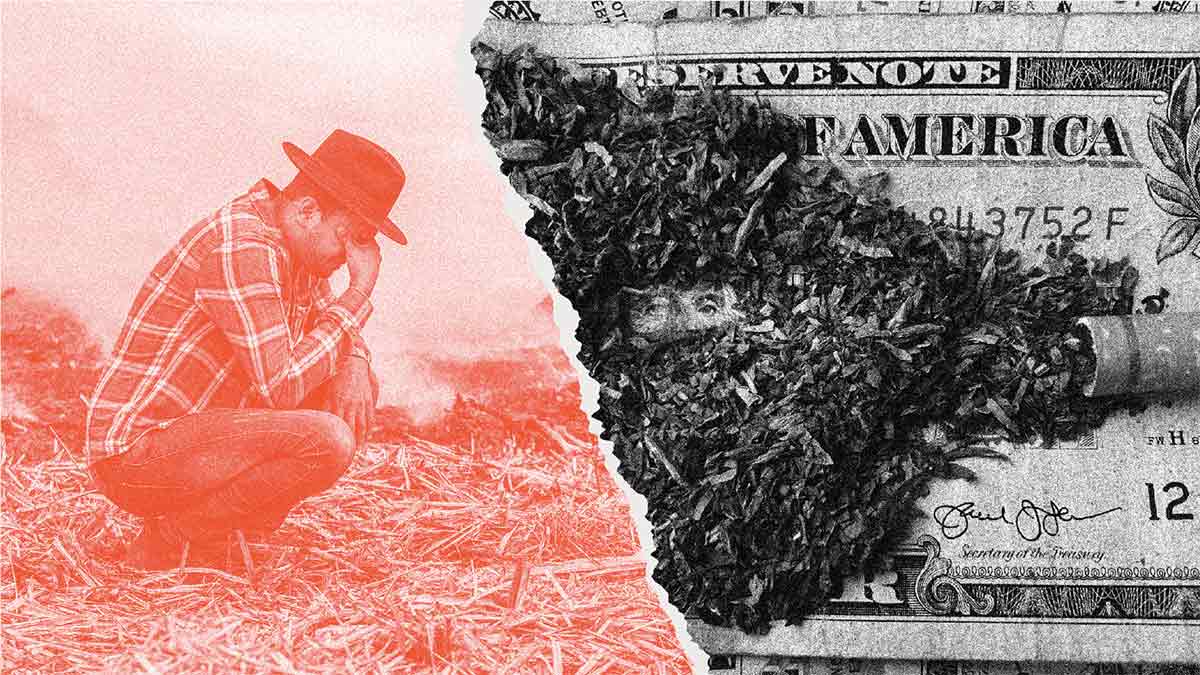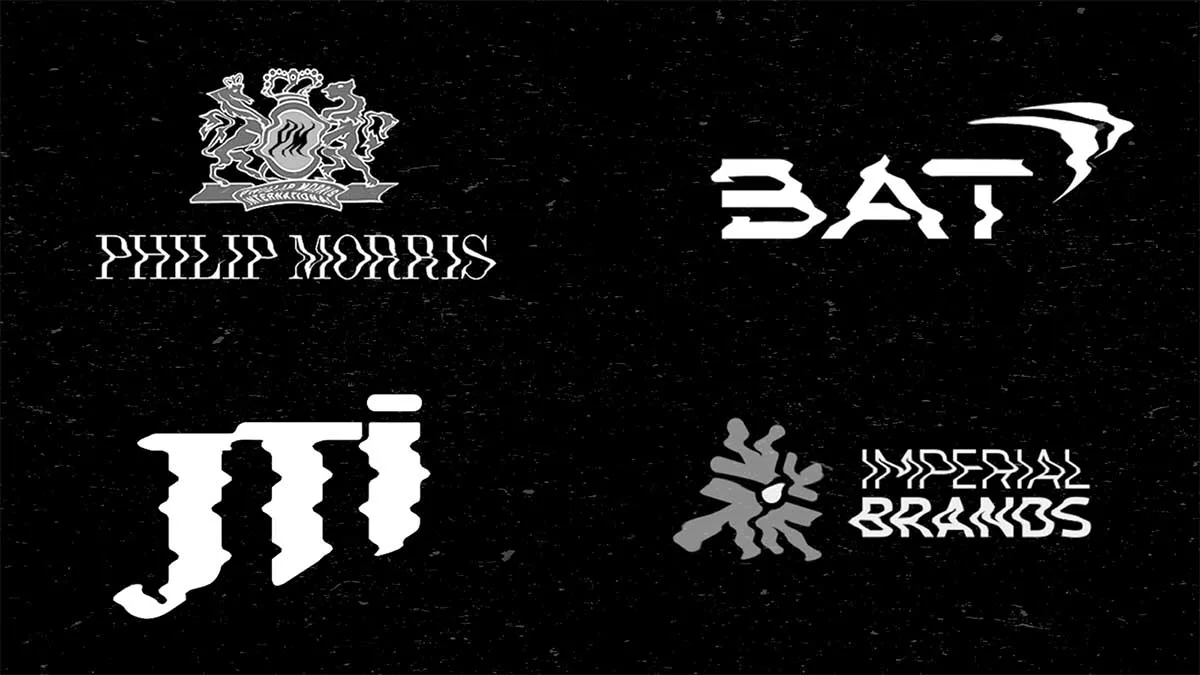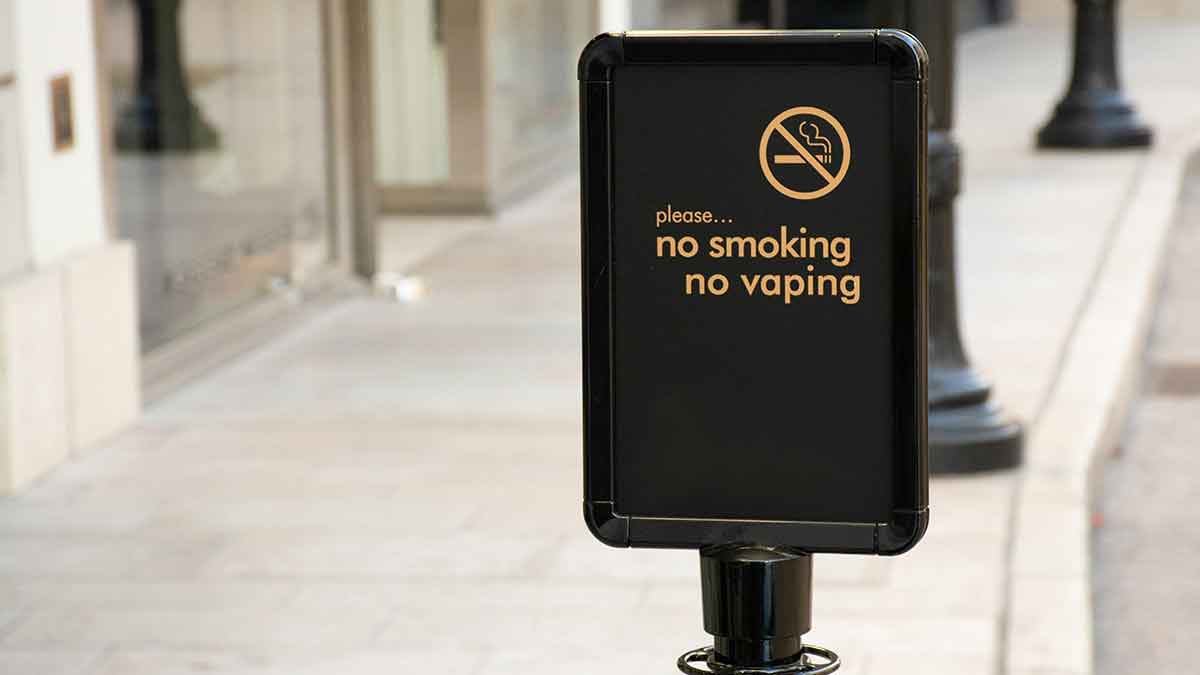- Resources
- News
-
-
Get Email Updates
Sign up for STOP's emails and never miss an update on our latest work and the tobacco industry's activity.
-
Share a Tip
Do you have information on tobacco industry misconduct in your country? Let us know.
-
Get Funding
Ready to tackle industry interference? You could be eligible for a grant.
-
Get Email Updates

Note: In May 2024, FSFW changed its name to Global Action to End Smoking.
Big Tobacco knows it has a reputation problem; it’s one of the reasons the industry is strategically pivoting its narrative. Certain companies are even denouncing some of their own products, claiming they wish to move away from cigarettes. They are trying to portray themselves as ambassadors of science, corporate responsibility and even COVID-19 economic recovery, rather than hawkers of products that kill more than 8 million people every year.
Tobacco control advocates aren’t falling for it. Here are six recent examples of the industry being called out and prevented from trying to push its PR agenda.
1. A PMI-sponsored “Science Diplomacy” event was canceled.
An April 2021 online event, organized by the magazine Foreign Policy and sponsored by Philip Morris International (PMI), with a PMI executive lined up as a speaker, purported to elevate the “role of science in addressing global challenges” and “tackle misinformation.” Researchers and advocates lost no time in calling out the irony of a tobacco company leading a conversation about misinformation, as research has shown that the tobacco industry may have been manipulating science and promoting misinformation to protect its interests. Scientists, public health professionals and government officials were called on to not associate their names with the event. Many speakers didn’t realize the tobacco industry was involved, but once alerted, took swift action to ensure they were not associated with PMI. More and more speakers dropped out, and the event was eventually cancelled outright and the web page removed.
2. A Nepal children’s health charity rejected a tobacco industry donation.
A “donation” of $400,000 for a new children’s hospital may seem like a good thing. But when it comes from Nepal’s largest tobacco company, it’s reasonable to question the motives behind the philanthropy. Many of the industry’s so-called corporate social responsibility (CSR) actions are driven by ulterior motives, whether it’s to gain access to public officials, influence policy or rebuild a company’s tarnished reputation. In April 2021, organizations and civil society partners in Nepal acted quickly and identified Surya Nepal Private Limited’s “donation” as a chance to improve its public image while also marketing its deadly products. Within just eight hours of protests and media pressure, the Chairman of the Kathmandu Institute of Child Health cancelled the finalization of the partnership.
3. Philip Morris’ CEO and logo were removed from the “Future of Asia” conference.
It’s no wonder Philip Morris angled for a strong presence at the Future of Asia conference in May 2021—the speaker line-up included the Prime Ministers of Cambodia, Japan, Malaysia, Nepal, Pakistan, Vietnam and Thailand. Advertising the Philip Morris Japan (PMJ) sponsorship logo and having PMI’s new CEO speak at the same conference as these heads of state could potentially boost PMI’s legitimacy and help it gain access to government officials. National and regional advocates reached out to confirmed speakers and an open letter from public health organizations urged the conference organizer to drop Philip Morris, to prevent putting speakers and attendees in potential violation of the World Health Organization (WHO) Framework Convention on Tobacco Control (FCTC). After these efforts, conference organizer Nikkei returned PMJ’s sponsorship funding, the PMJ logo was removed and PMI’s CEO withdrew from the event.
4. The president of Philip Morris France was withdrawn as a speaker at a CSR event.
In May 2021, Philip Morris France (PMF)’s president was scheduled to speak alongside government officials at the 10th edition of the Inclusion and CSR Dialogues. A group of advocate organizations banded together to call out the tobacco industry’s presence at the event. After government ministers stated they would not attend if the tobacco company were present, in line with France’s commitments to the WHO FCTC, PMF’s president was withdrawn from the event.
5. Tobacco industry-linked COVID research was retracted.
In July 2020, when nearly the entire world was in the throes of the COVID-19 pandemic, a paper was published in the European Respiratory Journal that claimed smokers were at a significantly lower risk of acquiring COVID-19. However, nine months later and after other academics raised concerns about its methodology, the journal retracted the paper once the authors’ links to the tobacco industry were revealed by tobacco control advocates. This presented a clear conflict of interest, which neither author had disclosed.
6. The PMI-funded Foundation for a Smoke-Free World’s “special issue” of a public health journal was cancelled.
In October 2019, the International Journal of Environmental Research and Public Health (IJERPH) announced it would be publishing a special issue, guest-edited by the president of the PMI-funded Foundation for a Smoke-Free World (FSFW), Derek Yach. With assistance from PR company Ruder Finn, Yach requested to select “a majority of the contributors.” Aside from potentially violating the IJERPH’s policy banning tobacco industry-funded science, the issue’s topic, “15 years after the Framework Convention on Tobacco Control’s (FCTC) Adoption: Time for Greater Urgency and Focus,” sparked advocates’ attention, as PMI has regularly attempted to undermine the treaty in the past. Advocates and researchers contacted the journal to inform them of FSFW’s links to the tobacco industry, and the journal withdrew the announcement and call for papers.
Attempts by the tobacco industry to meddle in public health, science, sustainability efforts, policymaker fora and more are rampant—and becoming more insidious. But when researchers, advocates and civil society work together to expose the industry’s activities and call on others to uphold the WHO FCTC, we can prevent this interference. These examples confirm that our efforts work, and we must keep going.


